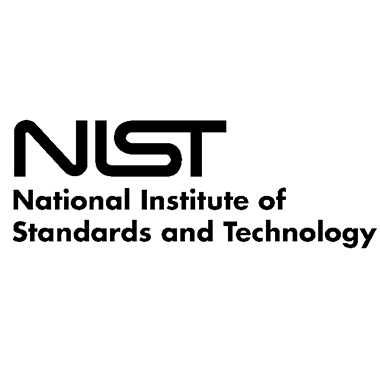

CitiusTech Senior VP and Market Head, Healthcare Providers, John Squeo, shares five game-changing shifts that will redefine the future of US healthcare and unlock a more streamlined, accessible and patient-centric system.

CitiusTech Senior VP and Market Head, Healthcare Providers, John Squeo, shares five game-changing shifts that will redefine the future of US healthcare and unlock a more streamlined, accessible and patient-centric system.

The future of healthcare lies in the successful integration of workflow automation and advanced technologies. As the buzz-word salad of AI, such as NLP, LLMs, Gen AI, RPA, etc continue to evolve, their potential to revolutionize healthcare workflows will only increase.

The Exploit Prediction Scoring System (EPSS) can help healthcare organizations prioritize security vulnerabilities, but it has limitations in IoMT environments. While EPSS provides valuable data-driven prioritization, it should be combined with other risk assessments, cybersecurity frameworks, and strategies to more comprehensively secure healthcare systems’ IoMT devices.

The National Institute of Standards and Technology (NIST) has updated its Cybersecurity Framework (CSF) guidance document for reducing cybersecurity risk. The new 2.0 edition is designed for all audiences, industry sectors and organization types. This is the framework’s first major update since its creation in 2014.

Healthcare cyberattacks are becoming more common and more costly—both financially and to patient care continuity. Internet-connected IoMT devices and equipment remain a security concern for healthcare delivery organizations. Deeper collaboration between HDOs, medical device manufacturers and security providers is needed to reduce risk and vulnerability.

The dramatic increase of medical devices in patient care has yielded many benefits. However, this technology also carries various risks, including risks to patient privacy, that must be addressed.

Regulatory requirements for computer systems validation (CSV) have long been in place, but their compliance requires considerable time and resources. In the life sciences industry, traditional validation processes add to project timelines and costs, affecting time to market and preventing the deployment of newer versions of software. In addition to improving accuracy and coverage, automated CSV processes can create the same artifacts as manual execution and expedite the upgrade timeline.

Connected medical devices have many advantages but require a higher level of security. If the medical industry doesn’t improve its cybersecurity posture, it could endanger patient privacy and lives.

The growing availability of 5G networks is speeding the adoption of IoMT and allowing for new innovations, including drone delivery of medical supplies to rural areas, better surgical collaboration and 3D holograms for diagnoses and surgical planning.

Inaccurate data entry, discomfort and privacy concerns are among the issues that developers and designers must address to realize the promise of medical wearables.